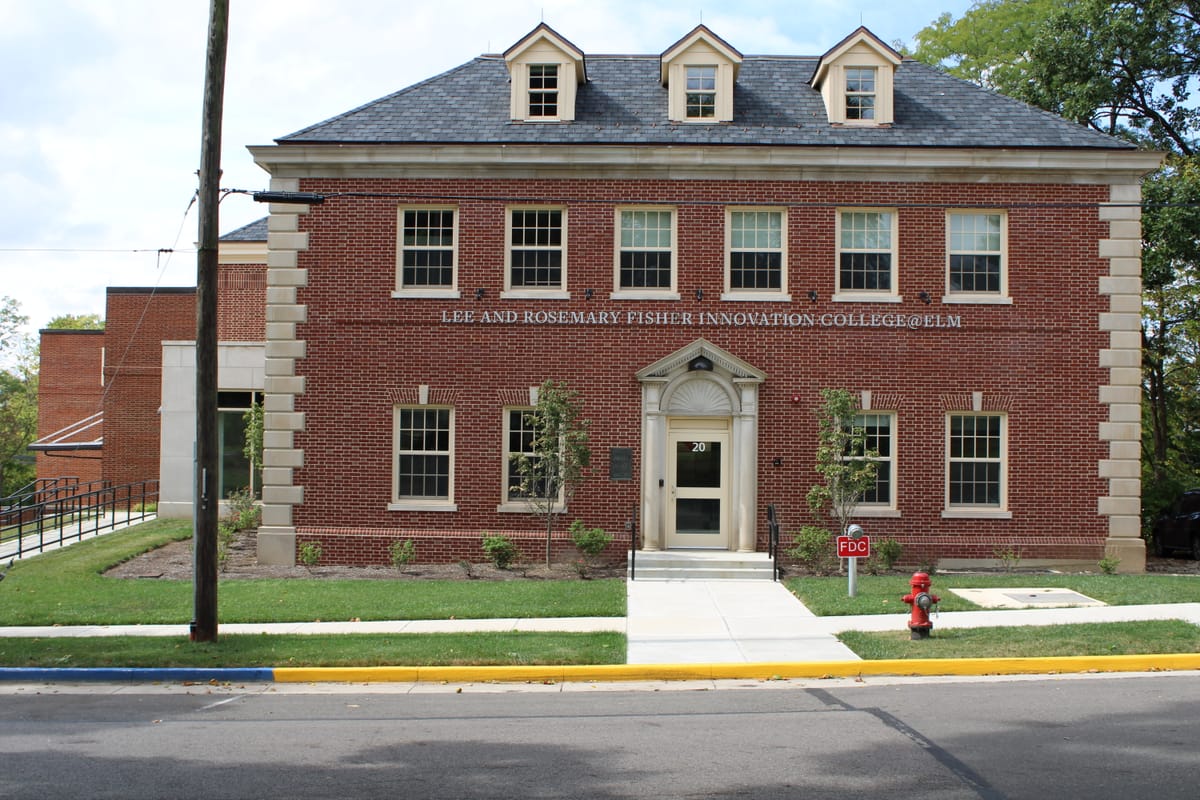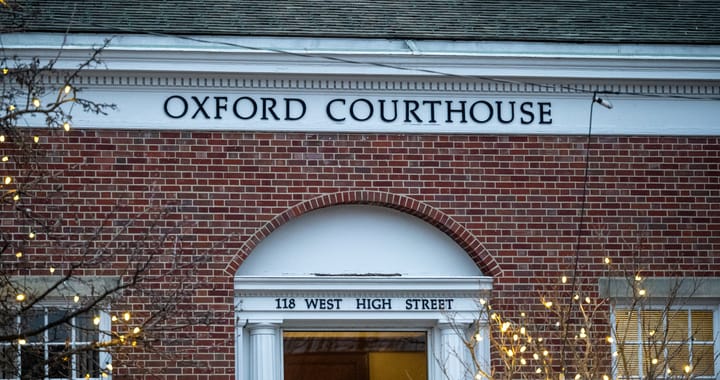Council OKs new electric aggregation program and economic development plan
Oxford will switch to a new organization with a focus on renewable education for its electric aggregation program. Plus, City Council formally approved an economic development strategic plan in a 6-1 vote.

Changes to Oxford’s electric aggregation program are on the way, and Oxford City Council formally approved the city’s new economic development strategic plan at a June 14 meeting.
Reena Murphy, sustainability coordinator for Oxford, presented two resolutions to the council to join the Sustainable Ohio Public Energy Council (SOPEC) and enter SOPEC’s electric aggregation program. The city’s current program through Dynergy Energy Services East, previously Energy Harbor, is set to expire in December.
Electric aggregation allows customers to function as one large buying group for power, ultimately saving money by having more purchasing power. Phil Leppla, deputy director and general counsel for SOPEC, said the council differs from other aggregators because all member communities have 100% renewable energy by default. SOPEC is a regional council of governments guided by its member communities.
SOPEC claims 100% renewable energy, but the situation is more complicated. Murphy explained during the meeting that SOPEC purchases renewable energy certificates (RECs) to reach its sustainability goals.
“We share a strategic goal of bringing renewable energy home to Ohio and home to our region,” Murphy said. “Admittedly, right now, SOPEC’s 100% renewable energy is very REC-based, but our current supplier does not have shared plans to bring generation closer to home, and we want that.”
SOPEC has a higher administrative fee than the current aggregator, Murphy said, but customers will still save money compared to buying electricity individually. However, energy costs are rising nationally, and the current aggregator prices were locked in in August 2023, so prices were already set to increase in Oxford regardless of which aggregator the city chooses.
Both the resolution to join SOPEC and the resolution designating SOPEC as Oxford’s electric aggregator passed unanimously.
Another resolution adopting Oxford’s economic development strategic plan passed 6-1, with Mayor Bill Snavely voting against the plan. The city contracted with Red Tiger Investments last May to develop the plan, which sets an ambitious goal of creating 1,000 jobs in the city in the next decade.
The plan sets a number of goals and describes three “catalytic projects” to spur growth in Oxford: Improving the Miami University Airport to create a hub for air technology, developing an Uptown “innovation and creativity corridor” that relies on the College@Elm, Oxford Community Arts Center and Uptown business, and transforming the Western Knolls as a residential and mixed-use neighborhood.
The last project hit a snag during discussion at the meeting. The city owns 47 undeveloped acres south of Chestnut Street, west of Oxford Reily Road and east of Dana Drive. The strategic plan pitches the area as useful for “a thoughtfully designed mixed-use community” with single-family and multi-family homes and “small-scale commercial spaces.”
Snavely, who lives in the Western Knolls, said he’s heard from multiple constituents who want to preserve the area west of Oxford Reily Road for residential use. Snavely’s understanding of the plan was that commercial use would be on the eastern side of the street near Oxford Lanes, which he didn’t view as part of Western Knolls.
Assistant City Manager Jessica Greene said staff had considered very small-scale businesses with frontage on the Oxford Area Trail System, which now runs through the city property along Oxford Reily Road, not major shopping centers. Snavely ultimately voted against the resolution because the city is currently going through a zoning update, and the strategic plan didn’t guarantee the scale of commercial developments in the area.
Other business
Also during the meeting, councilors unanimously approved a fee waiver for a Juneteenth celebration Uptown scheduled for June 21. Two other fee waivers for Uptown events have been approved with dissent in recent months. Vice Mayor Chantel Raghu, one of the previous dissenting votes, said the Juneteenth celebration is being coordinated by new organization O.N.E. UNITED, and she supports waivers for newer groups.
Council also approved a resolution and heard a first reading for an ordinance related to an agreement between Oxford and a property owner along the trail alignment for Phase Five of the Oxford Area Trail System. Earlier this year, the city approved measures to begin the appropriations process for two properties it hadn’t reached agreements with the owners on. The agreement this week was the final outstanding property and avoids the city going through the courts to get an easement.
The next Oxford City Council meeting is scheduled for 7:30 p.m. on July 1 at the Oxford Courthouse.




